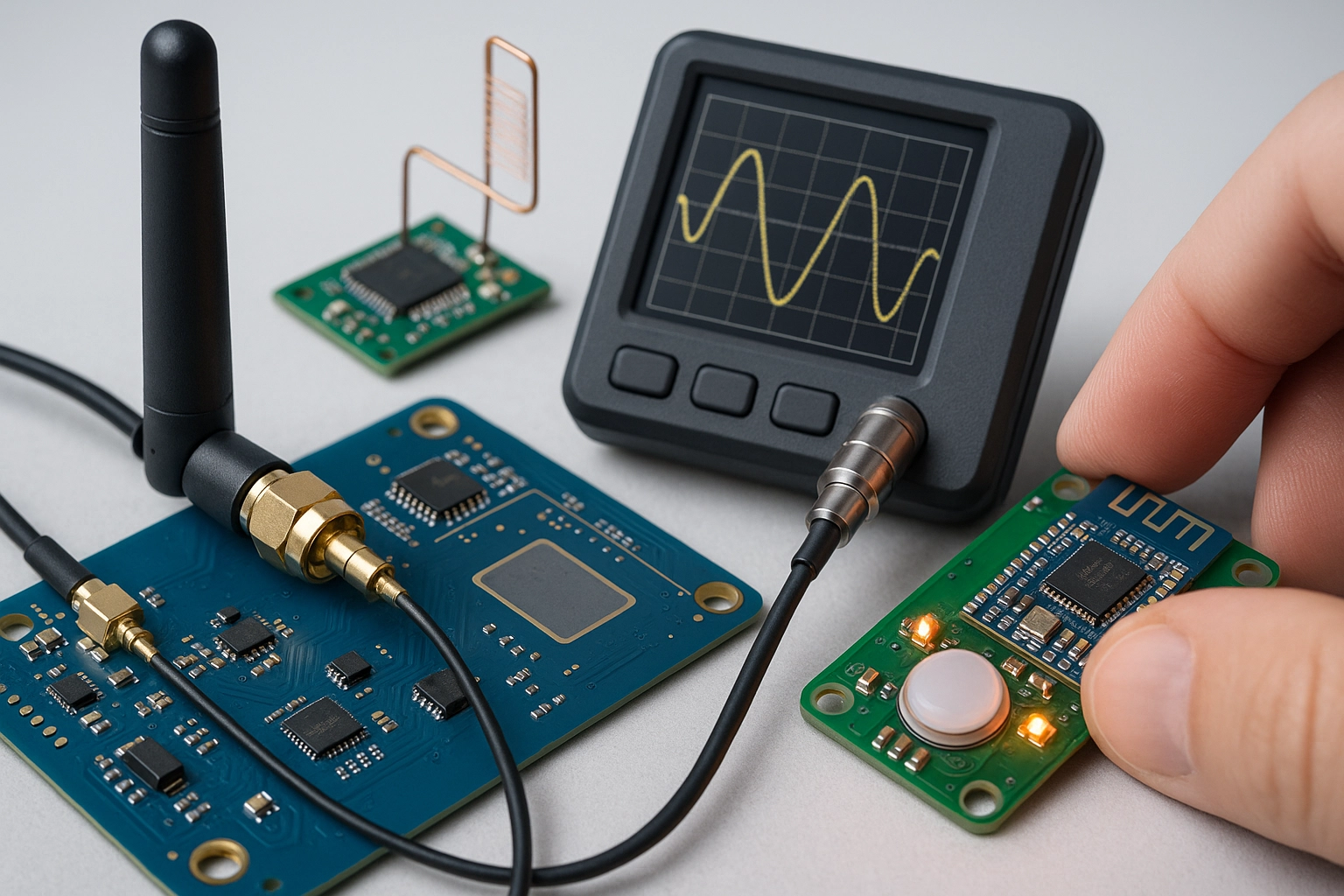ISO 20077 Extended Vehicle Wireless Data Communication Test
The ISO 20077 standard is widely recognized for its role in ensuring the reliability and security of wireless communication systems within vehicles. This service focuses on testing the extended vehicle wireless data communication protocols, which are essential for modern automotive connectivity solutions.
Our laboratory specializes in conducting comprehensive tests to verify compliance with ISO 20077 standards. Our team of experts ensures that all aspects of the wireless communication system are evaluated thoroughly, from signal strength and interference levels to encryption methods and error detection capabilities. This service is particularly important for automotive manufacturers looking to ensure their products meet global regulatory requirements.
The process involves several key steps: initial setup, configuration testing, performance evaluation, and final validation. During this time, we use state-of-the-art equipment and software that adhere strictly to ISO standards. Our technicians are trained specifically in the nuances of wireless communication protocols, allowing them to provide precise and accurate test results.
For quality managers and compliance officers, this service offers peace of mind knowing that their products meet international standards. It also provides valuable insights into areas where improvements can be made, helping R&D engineers refine future iterations of their designs. For procurement teams, it ensures suppliers deliver components that are compatible with the latest wireless communication technologies.
Our approach to testing is rigorous and thorough, ensuring no detail goes unnoticed. We employ advanced diagnostic tools and methodologies to identify potential issues early on in the development cycle. This proactive stance not only enhances product quality but also reduces costs associated with post-production fixes or recalls.
In summary, our ISO 20077 Extended Vehicle Wireless Data Communication Test service is designed to help automotive companies achieve top-tier wireless performance while complying with international regulations. By leveraging our expertise and cutting-edge facilities, we can assist you in achieving your goals for vehicle connectivity solutions.
Scope and Methodology
The scope of this service includes testing the wireless communication systems of vehicles against ISO 20077 standards. Specifically, it covers the evaluation of various parameters such as signal strength, interference levels, encryption methods, error detection capabilities, and more.
- Signal Strength: Ensuring that signals are strong enough to maintain reliable communication between different parts of the vehicle.
- Interference Levels: Monitoring for any external or internal factors that could disrupt wireless communications within the vehicle.
- Encryption Methods: Verifying that data is securely encrypted according to ISO standards.
- Error Detection Capabilities: Checking whether the system can accurately detect and correct errors in transmitted data.
The methodology we employ involves several stages:
- Initial Setup: Configuring the test environment to simulate real-world conditions as closely as possible.
- Configuration Testing: Ensuring that all components of the wireless communication system are correctly set up and functioning properly.
- Performance Evaluation: Conducting tests to assess how well the system performs under various scenarios.
- Final Validation: Confirming that the system meets all specified criteria before it is declared compliant with ISO 20077 standards.
We use advanced diagnostic tools and software throughout this process, ensuring accurate and reliable results. Our technicians are experts in wireless communication protocols, allowing us to provide precise and detailed test reports.
International Acceptance and Recognition
The ISO 20077 standard has gained widespread acceptance across the automotive industry due to its rigorous testing procedures and emphasis on security. Many countries have adopted it as part of their national standards, ensuring that vehicles sold globally meet consistent quality benchmarks.
- United States: The National Highway Traffic Safety Administration (NHTSA) recognizes ISO 20077 compliance as a key factor in assessing vehicle safety and security features.
- European Union: Various EU directives require manufacturers to demonstrate compliance with ISO 20077 when applying for type approval certificates.
- Japan: The Japan Automobile Standards Foundation (JASO) has endorsed the standard, encouraging its use in vehicle development processes.
In addition to official recognition by regulatory bodies, many leading automotive manufacturers have implemented ISO 20077 into their quality management systems. This demonstrates a commitment to delivering secure and reliable wireless communication solutions that meet international standards.
By choosing our service for ISO 20077 Extended Vehicle Wireless Data Communication Testing, you ensure your product not only meets current regulatory requirements but also positions it favorably in the competitive market by adhering to globally accepted best practices.
Use Cases and Application Examples
The ISO 20077 Extended Vehicle Wireless Data Communication Test is applicable in numerous scenarios, particularly those involving advanced connectivity features. Here are some specific use cases:
- Vehicle-to-Vehicle (V2V) Communication: Testing the ability of vehicles to communicate with each other safely and securely.
- Vehicle-to-Infrastructure (V2I) Communication: Ensuring seamless interaction between vehicles and road infrastructure, such as traffic signals and toll booths.
- In-Vehicle Networking: Evaluating internal communication networks within the vehicle to ensure they function correctly across all components.
- Over-the-Air (OTA) Updates: Verifying that software updates can be transmitted securely without compromising system integrity or causing malfunctions.
An example application would involve a manufacturer releasing an update for their fleet of cars. Before deployment, they might use our service to ensure the update adheres strictly to ISO 20077 standards and does not introduce any security vulnerabilities. Another scenario could be during the design phase, where engineers want to simulate different operating conditions to optimize performance.
Our service helps manufacturers address these challenges by providing robust testing that covers all aspects of wireless communication systems. This ensures that vehicles are safe, secure, and capable of performing optimally under various circumstances.





